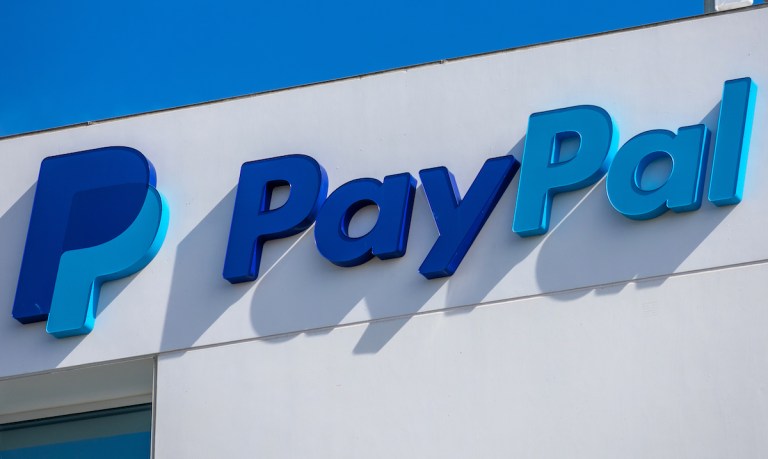PayPal and Venmo Join TrustCommerce Healthcare Payments Platform

Healthcare payments firm TrustCommerce added PayPal and Venmo to its U.S. platform.
The collaboration, announced Wednesday (March 5) in a press release by PayPal, lets patients use the company and its sister firm Venmo to make payments to healthcare providers online within the existing platform with which they are already familiar.
“In conversations with healthcare providers, we have heard loud and clear that they would like to maximize payment flexibility for their patients by offering new, user-friendly payment options,” TrustCommerce Chief Product Officer John Welch said in the release.
The integration will reduce patient friction while ensuring healthcare providers increase their collections, according to the release.
TrustCommerce is turning to PayPal at a time when consumers are increasingly using digital wallets — like PayPal or Apple Pay — to take care of their healthcare bills.
PYMNTS Intelligence research from last year noted that the rise of mobile wallet use for healthcare-related payments seemed to be on track to continue, as close to half of surveyed consumers had used the method to pay for at least one of their bills within the prior 12 months.
“Given this predicted growth, providers may want to prioritize mobile wallets as a payment choice to get ahead of the digital curve,” the report said.
The report also pointed out that there are additional benefits for providers who accept payments from digital wallets. For example, there’s the potential to decrease the number of personnel hours spent dealing with paper receipts.
In an interview with PYMNTS, Elmahdi Erraji, head of product development at InstaMed, a J.P. Morgan company, described the cost-saving benefits of embracing digital processes, particularly for the healthcare sector.
“When you add labor shortages, it’s only making the problem worse, [but] when you engage patients digitally, early and often throughout the healthcare visit life cycle, it increases the patient’s likelihood of paying and reduces the burden on the administrative staff,” Erraji said.
Meanwhile, additional research by PYMNTS Intelligence found that digital healthcare management and payment options can help providers bolster their relationships with patients while also ensuring they get paid.
“Doctors and dentists alike are adopting these solutions at a time when much of the business end of healthcare remains mired in paper invoicing and unpaid debt,” PYMNTS wrote in January, citing the report “Connected Healthcare: What Consumers Want From Their Healthcare Customer Experiences.”